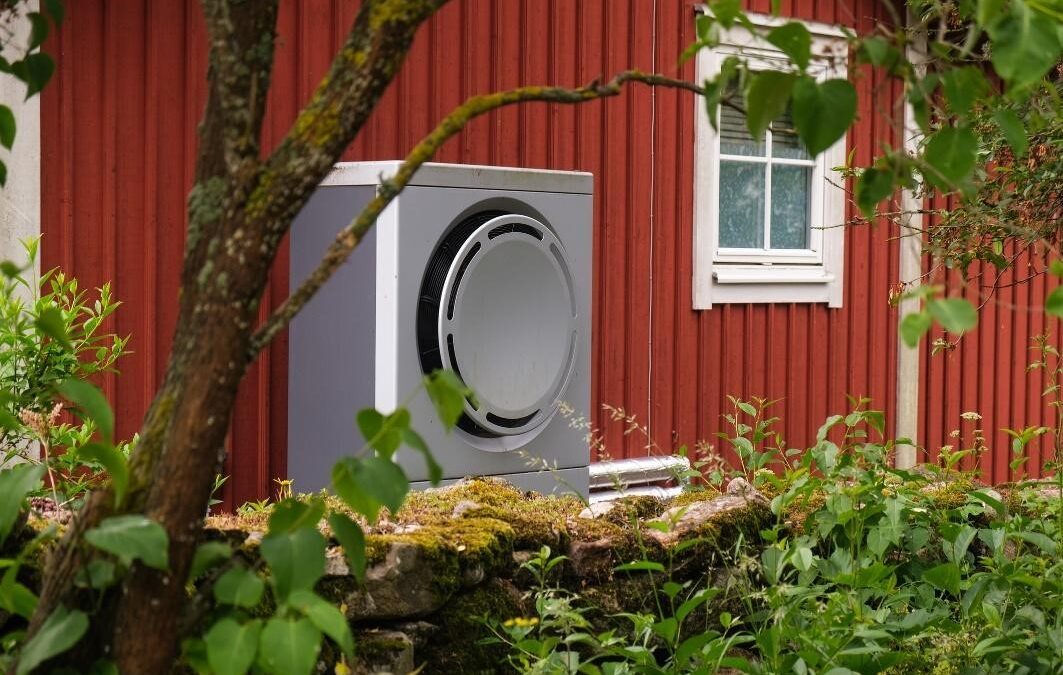The HVAC industry is transforming to meet the demands of environmentally friendly homes as the world continues to focus on environmental consciousness and sustainability. Let’s explore emerging trends and technologies shaping the future of HVAC and driving the shift toward solutions that minimize carbon emissions, reduce energy consumption, and promote a healthier living environment.
Variable-Speed Motors
Eco-friendly HVAC systems often incorporate variable-speed motors, which can adjust their speed to match the space’s cooling or heating needs more precisely. These motors consume less energy and provide more consistent and efficient temperature control by operating at lower speeds when less demand is required.
Ductless Mini-Split Systems
This technology is an energy-efficient alternative to traditional HVAC systems in retrofitting or adding cooling and heating to specific areas of a home. Ductless mini-split systems have one or more indoor units and an outdoor unit linked by refrigerant lines. The indoor units can be controlled individually to allow for zoned temperature control and eliminate the energy losses that come with ductwork.
Advanced Control Systems
Modern HVAC equipment has advanced control systems that optimize energy efficiency and performance. These programs utilize algorithms and sensors to track humidity, temperature, and occupancy. Through this data, the advanced control systems make intelligent decisions to minimize energy waste, maintain optimal comfort levels, and maximize efficiency.
Other systems can also adapt to external factors like weather conditions to optimize energy consumption.
Smart Thermostats
These devices allow homeowners to manage and schedule temperature settings, maximizing energy efficiency remotely. Smart thermostats can adapt to occupancy patterns, learn from user behavior, and automatically adjust temperature settings to save energy when no one is home.
They provide real-time energy usage data, helping homeowners make informed decisions about the operation of their HVAC system.
High-Efficiency Ratings
Various ratings measure energy efficiency, such as Seasonal Energy Efficiency Ratio (SEER) for cooling and Annual Fuel Utilization Efficiency (AFUE) for heating. HVAC systems with high SEER and AFUE ratings indicate greater efficiency and reduced energy consumption.
Another reliable indicator of energy efficiency is the ENERGY STAR® certification. This accreditation helps people identify HVAC equipment that meets strict standards for environmental impact and efficiency.
Ready To Invest in Sustainable Options?
Get in touch with our team at Tri County Air in Southwest Florida to discuss your options for an eco-friendly HVAC system. By choosing sustainable solutions, you can enjoy a more comfortable home while actively participating in the global effort to combat climate change.

